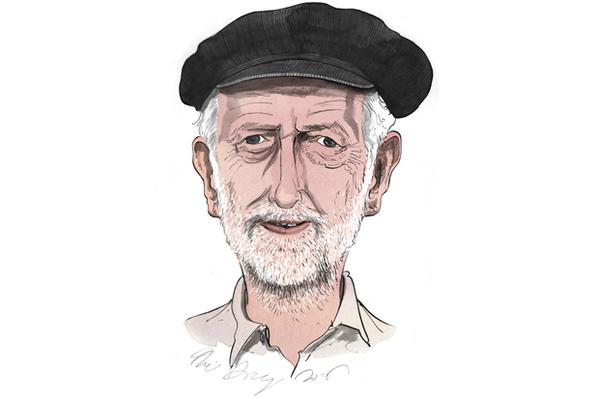When the history of Corbynism comes to be written, many will assume that his form of leftism arose as a protest against the Thatcher era. This is not so. It predated her. There really was a belief in the 1970s that capitalism would ‘collapse under the weight of its own contradictions’. The formative experience of the Corbyn generation was not Thatcher but the crisis of 1976, when a Labour government was forced to bring in the IMF. It was then that the campaigns against ‘the cuts’, which have been going on ever since — and the hard-left infiltration connected with them — really took off. (Indeed the Jim Callaghan/Denis Healey cuts were much more severe than any imposed by Mrs Thatcher.)
The left, supported, in some cases, by the Soviet Union, thought revolution was nigh. When the revolutionary turned out to be Mrs Thatcher, they half-admired her — or at least hated her only in a bogey-woman sort of way. The bitterest disputes are internecine, so the figures of true loathing were Callaghan, or Roy Jenkins, or right-wing trade unionists, who had cheated them, they thought, of power. The emotional appeal of Mr Corbyn in the left today is that he is the apostolic successor of the man they wanted most — the late Tony Benn.







Comments